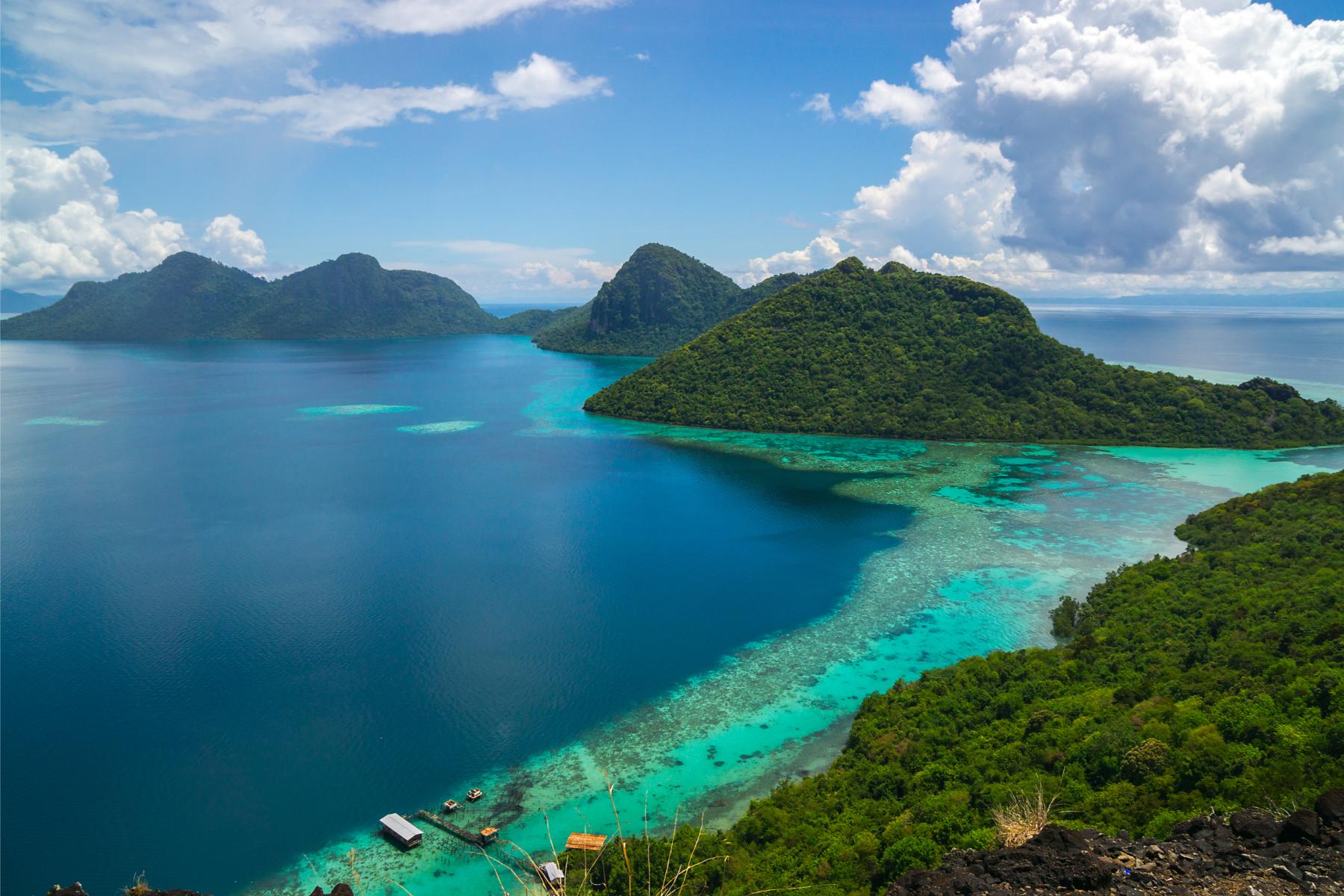
Eco-tourism continues to grow in popularity among international travellers, who are increasingly looking for ethical, authentic and nature-connected experiences with an emphasis on responsible interactions. In response to this trend, Tourism Malaysia is working to expand its sustainable tourism offerings nationwide, with Sabah leading the way in the country’s green tourism evolution.
According to Assoc Prof Dr Fiffy Hanisdah Saikim, director of the Universiti Malaysia Sabah Institute for Tropical Biology and Conservation, Sabah recorded over 2.1 million visits from ‘green tourists’ between January and August 2024. “Domestic tourism has contributed to over 80% of tourism revenue in 2024, benefiting small and medium enterprises (SMEs) and promoting community-based tourism in rural areas,” explains Saikim. “A 27.2% rise in tourism spending is expected to inject RM50 billion into the GDP, with cities like Ipoh and Alor Setar set to benefit,” she added.
Critical to this development will be the development of responsible tourism practices and infrastructure improvements to address environmental concerns at iconic destinations like Pulau Langkawi and the Cameron Highlands. Tourism Malaysia is expanding its efforts to overcome the challenges and broaden the scope of its sustainable tourism operations in these locations. In practice, this will involve collaborating with relevant agencies, improving coordination and encouraging sustainability within local communities.
The Minister for Tourism, Culture, and Environment, Datuk Seri Christina Liew, recently noted that Sabah is on course to be a key player in this tourism push. According to Liew, the region continues to experience rising demand for its tourism offerings. She is urging local stakeholders, including hoteliers, tour operators and travel agents, to capitalise on the growing trends by introducing new initiatives that cater to the evolving preferences of travellers seeking adventure, nature and eco-tourism experiences.
With support from local officials and national government, Sabah is gearing up for Visit Malaysia Year (VMY) 2026. Liew has assured the public that the Sabah Tourism Board (STB) will continue to provide support to local tourism businesses to help them achieve the goals set for the event. The initiative is expected to increase the region’s global tourism appeal, contributing significantly to the economy and further solidifying Sabah as a key tourism hub in Malaysia.
Liew also highlighted the importance of sustainable tourism practices, advocating a balance between tourism development and the conservation of natural ecosystems and resources. The ultimate aim is to ensure Sabah can continue to attract visitors while preserving its natural beauty for future generations. The need for sustainable tourism is also closely tied to Malaysia’s wider goals in the ASEAN region. As the country assumes the chairmanship of ASEAN in 2025, under the theme of “Inclusivity and Sustainability,” there is a significant opportunity to leverage regional collaboration in areas like tourism and trade.
As chair of the regional bloc, Malaysia will play a crucial role in shaping the future of ASEAN,
particularly in terms of economic collaboration and tourism. The shared benefits of regional trade and tourism will help foster greater economic integration, creating new opportunities for countries in the region to work together for mutual growth.
With the support of the Sabah Tourism Board and other stakeholders, Sabah aims to meet the growing demands of international and domestic tourists, and expedite the growth of the tourism industry by positively impacting local economies and improving the overall experience of international travellers.
Officials in Malaysia are adamant that tourism growth is about more than just attracting larger visitor numbers; it is also about ensuring these visitors have a memorable, responsible experience during their stay. By providing sustainable travel options to these visitors, Sabah is setting the stage for long-term success in the global tourism market.




